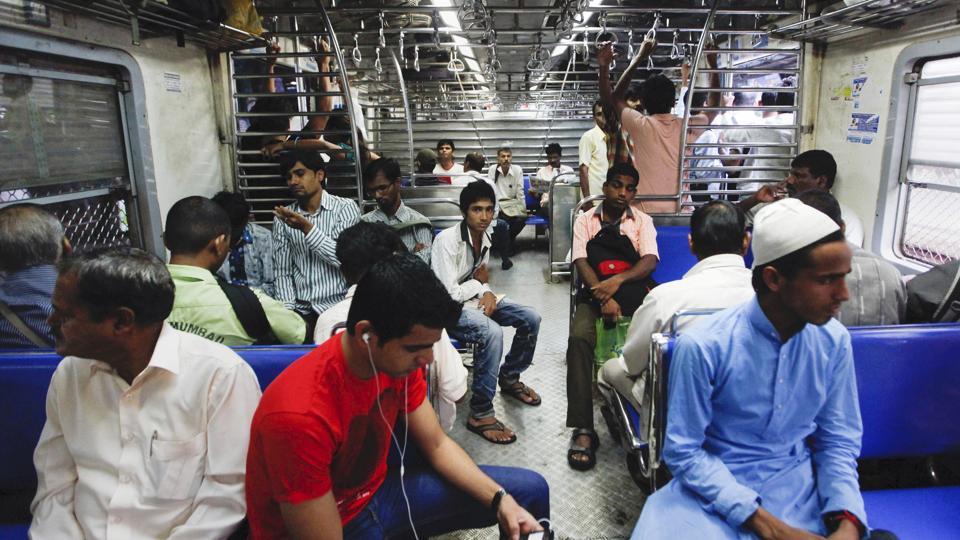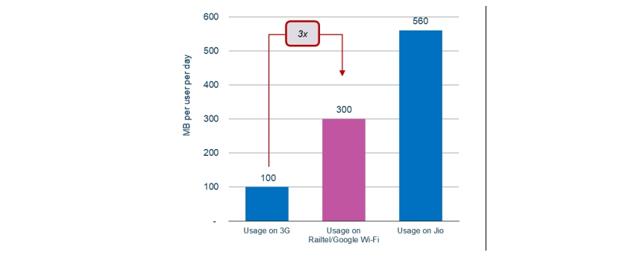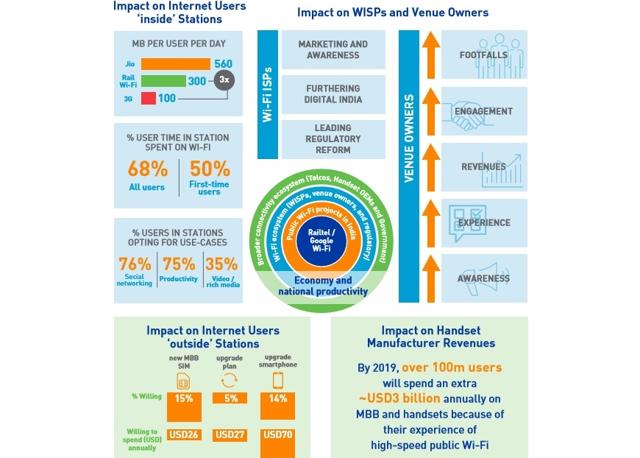What’s next for Google after completing free Wi-Fi project in India
Google used RailTel’s existing large-scale network to provide free Wi-Fi at 400 railway stations in India. But what is next for Google? Can it replicate a similar large-scale free Wi-Fi network in India?

In September 2015, Google CEO Sundar Pichai announced a new project aimed at ensuring free Wi-Fi at 400 railway stations across India. Google completed the project in June this year with the announcement that Assam's Dibrugarh railway station has become the 400th station to avail of the service. Google is now using the project, which was later productised as Google Station, as a proof-of-concept to stress the need for establishing a robust Wi-Fi ecosystem in India.
The company used India's learning to expand the "Google Station" to two more markets: Indonesia and Mexico. One of Google's key findings was that Indians have a large appetite for free data. For instance, it registered an average consumption of 300MB of data per session (roughly 30 minutes). In comparison with Reliance Jio's average consumption of 560MB of data per day, Google technically has higher usage.
Not that the concept of a Wi-Fi ecosystem hasn't been around, but Google believes it can help pave the way for bringing internet connectivity to "the next billion". Google has deployed its technology onto the existing RailTel fibre network, which already has massive coverage in the country. Facebook also experimented with something similar.
With Google not looking to become a Wi-Fi Internet Service Provider (ISP) or ISP in India, the company heavily relies on existing players to scale its Wi-Fi networks. However, this will make it difficult for the Internet company to re-create the success of Google Station in India. For instance, it will have to partner with a number of smaller and bigger players in the telecom industry to just bring about a coherent Wi-Fi network.
Addressing a media briefing in Delhi on Wednesday, Google's senior executive Suryanarayana Kodukulla said the Internet company is already in talks with Indian telecom players to launch Wi-Fi in more places. He said Google is "constantly in touch" with stakeholders in the industry.
Google's biggest roadblock is the lack of necessary regulatory policies for the Wi-Fi ecosystem. It wants the government to fix issues relating to policies, spectrum, licensing and sharing of infrastructure, besides payment and authentication.
"A key bottleneck for large scale, rapid and economically feasible deployment of fibre backhaul is access to government permissions better known as Right of Way (ROW). ROW clearances in India have been marred with procedural delays, bureaucracy, red tape, fragmented rules and regulations, multiple clearance agencies and unclear accountability," said the latest Analysys Mason report backed by Google.


"Further, when ROW is granted, charges typically tend to be astronomical in many parts of India, varying from a few thousand dollars to upwards of $200 000 per kilometre of fibre (such as South Mumbai), depending on the municipal body," it added.
"Free and de-licensed spectrum availability has been a major driver of Wi-Fi take-up across the world, leading to global economies of scale and mass production of Wi-Fi equipment that drove down the cost of Wi-Fi (access points, chipsets) devices, thereby reinforcing the virtuous cycle. India has harmonised its Wi-Fi de-licensing policy to global best practices, albeit partially, with TRAI recommending phased de-licensing of key Wi-Fi bands since 2004," it added.


Google believes the free Wi-Fi network can help India increase its GDP by $20 billion.
"Public WiFi will connect 40 million new users to the Internet by 2019, spurring around 100 million people to spend an additional $2 to 3 billion per year on handsets and a similar amount on cellular mobile broadband services. In addition to driving productivity improvements from high speed Wi-Fi for the overall economy, public Wi-Fi can also translate into tangible benefits for the GDP by around $20 billion between 2017-19, and at least $10 billion per annum thereafter," said the company, citing the Analysys Mason report.
Catch all the Latest Tech News, Mobile News, Laptop News, Gaming news, Wearables News , How To News, also keep up with us on Whatsapp channel,Twitter, Facebook, Google News, and Instagram. For our latest videos, subscribe to our YouTube channel.


























